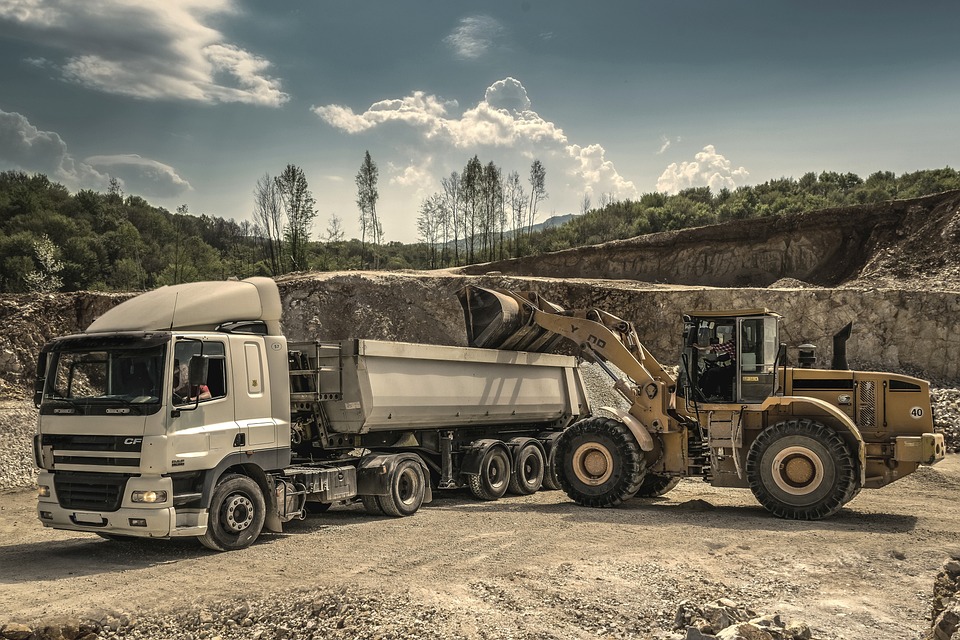Introduction
In today’s rapidly evolving insurance landscape, the importance of specialized coverage cannot be overstated. Among various types of insurance, **log truck insurance** stands out as a crucial component for businesses involved in the logging and timber industry. This sector faces unique risks, including road hazards, equipment damage, and environmental liabilities. As lumber demand increases globally, understanding the intricacies of **log truck insurance** becomes essential for operators to protect their assets, ensure compliance, and maintain operational continuity.
Market Analysis
The log trucking industry is a vital segment of the overall transportation sector, with the U.S. logging industry contributing over $12 billion annually. According to the National Association of State Foresters, the demand for timber products has risen by approximately 5% over the past five years, leading to an increased need for reliable transportation solutions. Consequently, the need for comprehensive **log truck insurance** coverage has followed suit.
In addition to the growing market demand, regulatory changes have also influenced the insurance landscape. The Federal Motor Carrier Safety Administration (FMCSA) imposes strict regulations regarding vehicle operation, driver qualifications, and safety standards, which have a direct impact on insurance requirements. As a result, insurance companies are adapting their offerings to meet these compliance demands while also addressing the unique risks associated with transporting logs, such as:
– Severe weather conditions
– Difficult terrain
– Heavy loads
Coverage Details
When it comes to **log truck insurance**, several coverage types are essential for safeguarding businesses and their assets. Key coverage options include:
Liability Coverage
This is the foundational coverage that protects against claims arising from bodily injury or property damage caused by the insured truck. Given the size and weight of log trucks, the potential for accidents can lead to substantial claims.
Physical Damage Coverage
This coverage protects the truck itself against damage from accidents, theft, or vandalism. Given the investment involved in purchasing a log truck, this coverage is critical.
Cargo Insurance
Cargo insurance protects against loss or damage to the logs being transported. As logs are valuable commodities, ensuring that they are covered during transit is vital for financial security.
Comprehensive and Collision Coverage
This coverage provides financial protection in the event of non-collision-related incidents, such as natural disasters or theft, as well as collision-related accidents.
Workers’ Compensation Insurance
This is essential for covering medical expenses and lost wages for employees injured in the course of their work. Given the hazardous nature of hauling logs, having robust workers’ compensation coverage is not just a regulatory requirement but also a moral imperative.
Pricing
Pricing for **log truck insurance** can vary significantly based on several factors, including the size of the fleet, the value of the logs being transported, the geographical area of operation, and the driving records of the operators. Below is a table that provides a general overview of average annual premiums for different coverage types:
| Coverage Type | Average Annual Premium |
|---|---|
| Liability Coverage | $6,000 – $12,000 |
| Physical Damage Coverage | $2,000 – $5,000 |
| Cargo Insurance | $1,500 – $3,000 |
| Workers’ Compensation | $3,000 – $10,000 |
As seen in the table, the total cost for **log truck insurance** can range from $12,500 to $30,000 annually, depending on the specific needs of the business and the coverage selected.
Benefits and Limitations
Benefits
1. **Comprehensive Protection**: Log truck insurance offers tailored coverage options that address the unique risks associated with logging operations, providing peace of mind to operators.
2. **Regulatory Compliance**: Having the right insurance in place ensures compliance with state and federal regulations, reducing the risk of fines and legal issues.
3. **Financial Security**: In the event of an accident or cargo loss, appropriate coverage can mitigate financial losses, allowing businesses to recover quickly.
Limitations
1. **Cost Variability**: The premiums for **log truck insurance** can be substantial, particularly for new operators or those with limited driving experience.
2. **Coverage Gaps**: Depending on the policy, some aspects of logging operations may not be covered, leading to potential financial exposure.
3. **Claims Complexity**: The claims process can be complicated and time-consuming, especially in cases involving multiple parties or significant damages.
Expert Recommendations
For operators looking to secure **log truck insurance**, here are some professional recommendations:
1. **Conduct a Risk Assessment**: Evaluate the specific risks associated with your operations to determine the coverage types that are necessary.
2. **Shop Around**: Compare quotes from multiple insurance providers to identify the best coverage options and pricing.
3. **Understand Policy Details**: Read the fine print of insurance policies to fully understand what is covered and what is not, ensuring that you have adequate protection.
4. **Implement Safety Protocols**: Establish strong safety measures and training programs to minimize accidents, which can lead to lower premiums.
5. **Consult an Insurance Professional**: Engage with an experienced insurance agent who specializes in commercial trucking or log truck insurance to guide you through the process.
Frequently Asked Questions
What types of coverage are essential for log truck operations?
Essential coverages include liability, physical damage, cargo insurance, comprehensive and collision coverage, and workers’ compensation insurance.
How can I reduce my log truck insurance premiums?
Implementing safety measures, maintaining a clean driving record, and shopping around for quotes can help reduce premiums.
Are there specific regulations for log truck drivers?
Yes, log truck drivers must comply with FMCSA regulations, which include maintaining proper licensing, vehicle inspections, and adherence to hours-of-service rules.
What factors affect the cost of log truck insurance?
Factors include the size of the fleet, driving records, geographical area of operation, and the value of the cargo being transported.
Can I get coverage for my logging equipment?
Yes, many insurance providers offer coverage options for logging equipment, which can be bundled with your **log truck insurance** policy.
Expert Conclusion
In summary, **log truck insurance** is a critical component of risk management for any business involved in the logging industry. By understanding the market dynamics, coverage options, and pricing structures, operators can make informed decisions that protect their investments while ensuring compliance with regulatory requirements.
As the logging industry continues to grow, the importance of comprehensive insurance coverage cannot be overstated. Operators are encouraged to assess their unique needs, seek expert advice, and take proactive steps to secure the appropriate insurance solutions. For tailored guidance, consider consulting with an insurance professional who can provide insights specific to your operations and help you navigate the complexities of **log truck insurance**.





